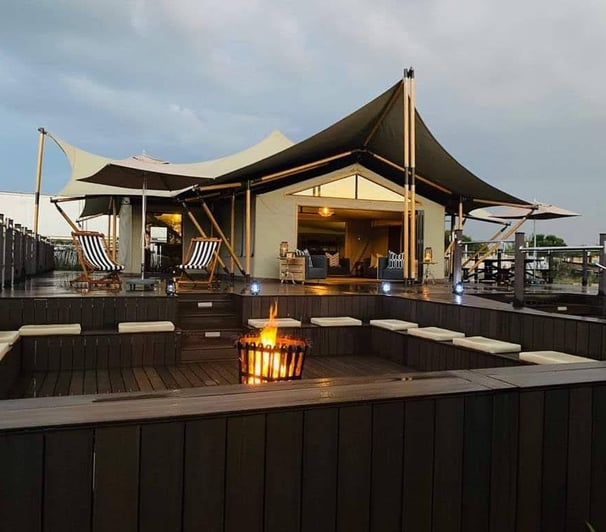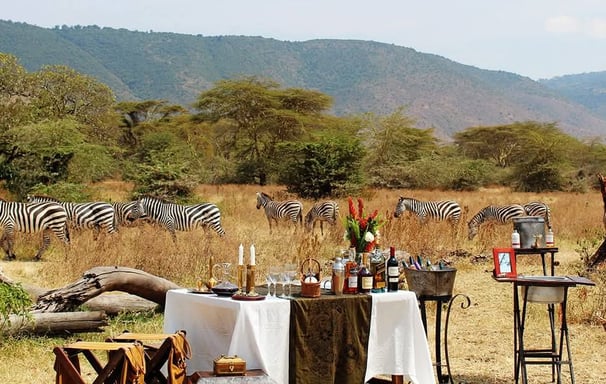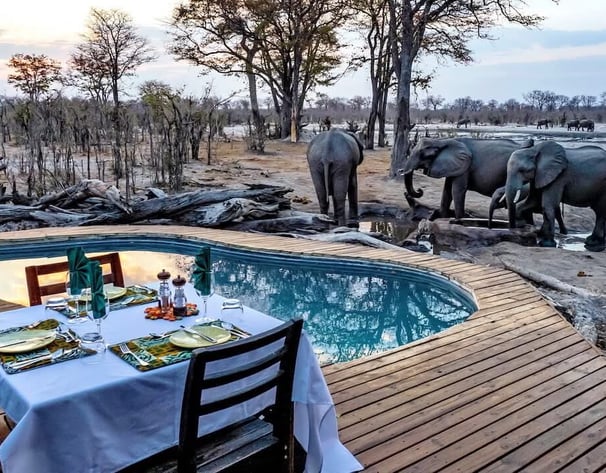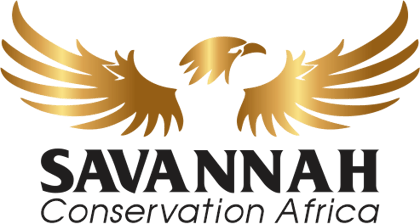Tourism Development
1. Introduction
Savannah Conservation Africa (SCA) provides comprehensive tourism integration services aimed at enhancing the sustainability and economic viability of game reserves and wildlife conservancies. Through a structured and research-driven approach, SCA identifies optimal tourism models, infrastructure development strategies, and revenue streams to foster ecologically responsible tourism practices.
2. Study Methodologies for Tourism Model Selection
A critical component of SCA’s approach is the rigorous assessment of appropriate tourism models, categorized broadly as:
Consumptive Tourism: Includes controlled hunting, fishing, and other regulated activities that provide direct economic benefits to conservation efforts.
Non-Consumptive Tourism: Encompasses photographic safaris, eco-tourism, cultural experiences, and scientific research tourism.
SCA employs the following methodologies to determine the most suitable tourism model for a given reserve or conservancy:
Ecological Impact Assessment: Evaluates the carrying capacity of the ecosystem to determine sustainable visitor numbers and activities.
Socioeconomic Surveys: Engages local communities to assess potential benefits and conflicts related to tourism.
Competitor Benchmarking: Studies nearby tourism ventures to identify gaps and opportunities for differentiation.
Market Demand Analysis: Utilizes statistical data to understand visitor preferences, trends, and spending habits.
Financial Feasibility Studies: Conducts cost-benefit analyses to ensure financial sustainability.


3. Geographic Considerations and Accessibility
SCA integrates geographic and logistical factors to ensure seamless tourism operations:
Location Suitability Analysis: Prioritizes areas rich in biodiversity and scenic landscapes while ensuring minimal human-wildlife conflict.
Accessibility Assessment: Evaluates road networks, airstrips, and potential transport hubs to facilitate tourist arrivals.
Zoning for Conservation and Tourism: Establishes core conservation zones, buffer zones, and tourism-specific areas to optimize land use.
4. Competitor Analysis and Differentiation
SCA conducts an in-depth analysis of competing lodges, tourism operators, and conservation models to refine market positioning. This includes:
Service Differentiation: Developing unique selling points such as exclusive eco-lodges, community-driven experiences, or specialized photographic safaris.
Pricing Strategies: Aligning tourism packages with market expectations while ensuring profitability.
Sustainable Practices: Implementing eco-friendly operations, such as renewable energy usage and waste management.


5. Identification of Lodge Sites and Infrastructure Planning
To maximize tourist appeal and environmental sustainability, SCA employs the following strategies in site selection:
Scenic and Wildlife Proximity Analysis: Ensuring lodges provide optimal game-viewing experiences.
Environmental Sensitivity Studies: Preventing ecological degradation by selecting low-impact locations.
Infrastructure Development: Constructing eco-lodges, tented camps, and supporting facilities using sustainable materials and renewable energy sources.
6. Establishing Revenue Streams for Sustainable Green Tourism
To ensure financial viability and conservation funding, SCA integrates multiple revenue streams, including:
Luxury and Mid-Range Safari Packages: Offering tiered pricing for different market segments.
Conservation Levies and Park Fees: Implementing visitor fees that directly support conservation efforts.
Eco-Lodges and Tented Camps: Developing sustainable accommodations with a focus on responsible tourism.
Hunting Concessions (Where Applicable): Incorporating well-regulated trophy hunting to generate revenue for conservation.
Community-Based Tourism Initiatives: Partnering with local communities for cultural tourism experiences and employment opportunities.
Scientific Research and Education Programs: Facilitating partnerships with universities and researchers to fund conservation activities.


7. Conclusion
Through a structured and research-driven approach, Savannah Conservation Africa’s tourism integration services ensure that game reserves and wildlife conservancies achieve ecological sustainability while maximizing economic benefits. By leveraging data-driven methodologies, innovative tourism models, and strategic infrastructure planning, SCA contributes to the development of green tourism initiatives that balance conservation with economic growth.
